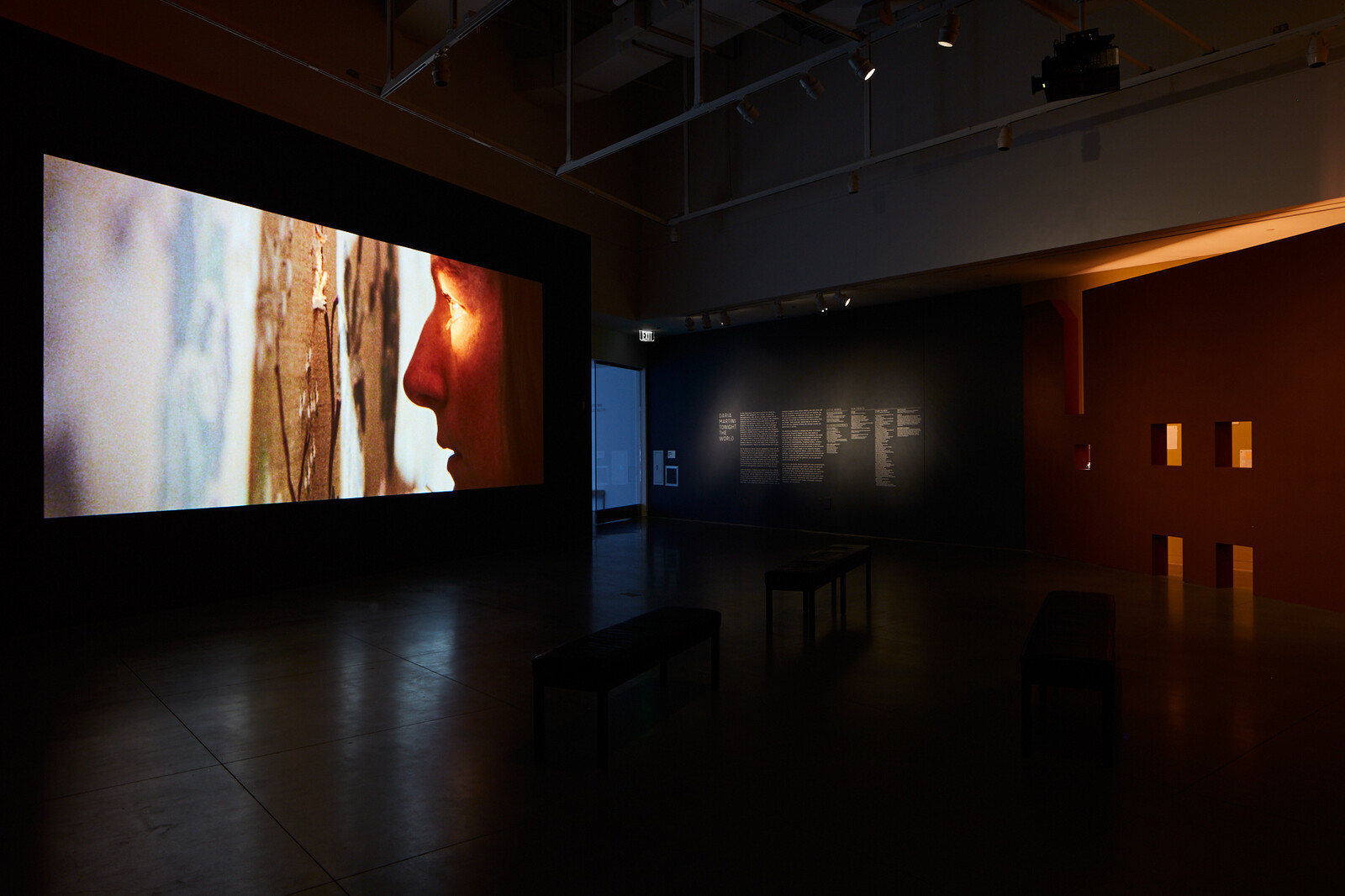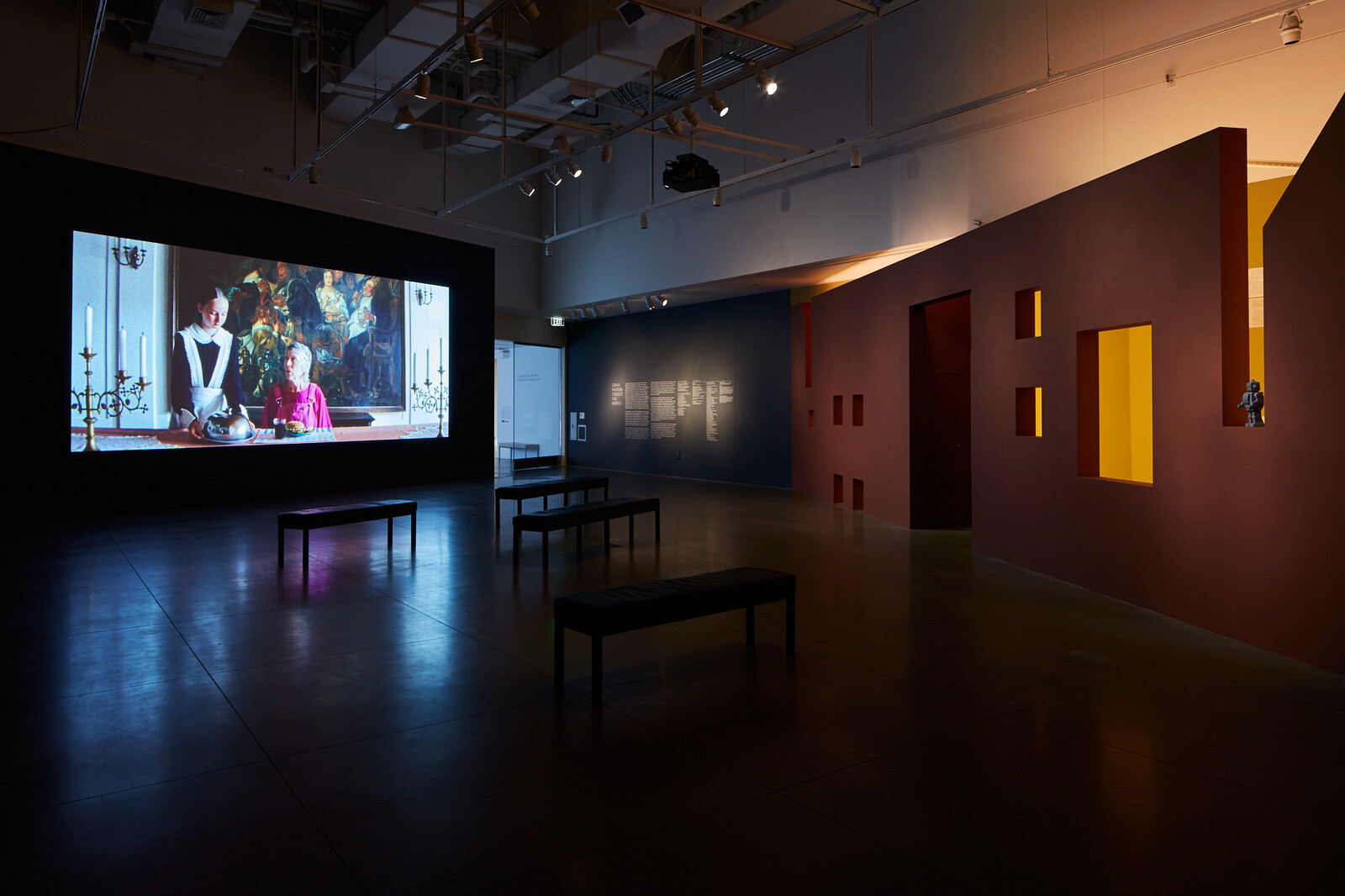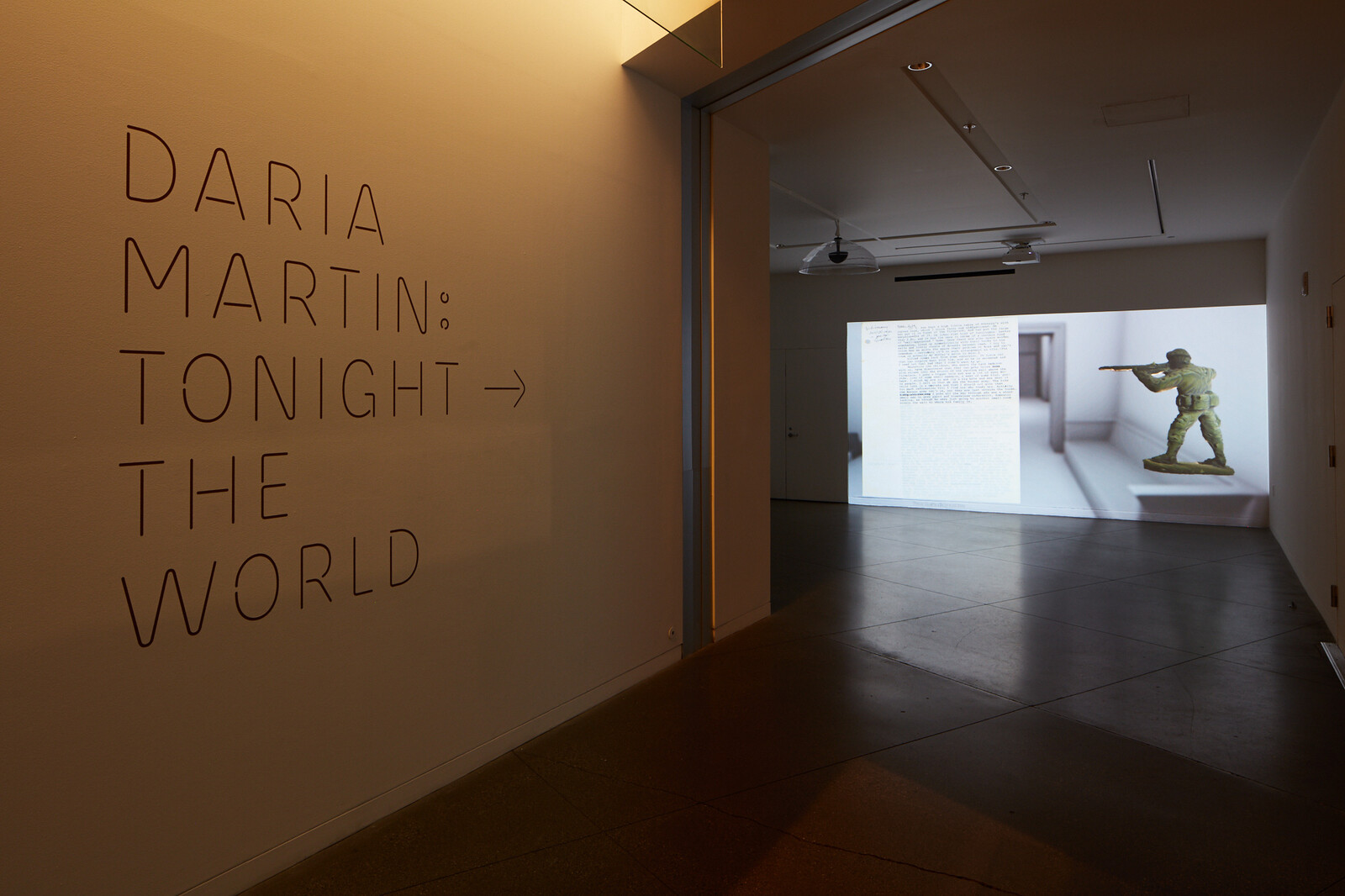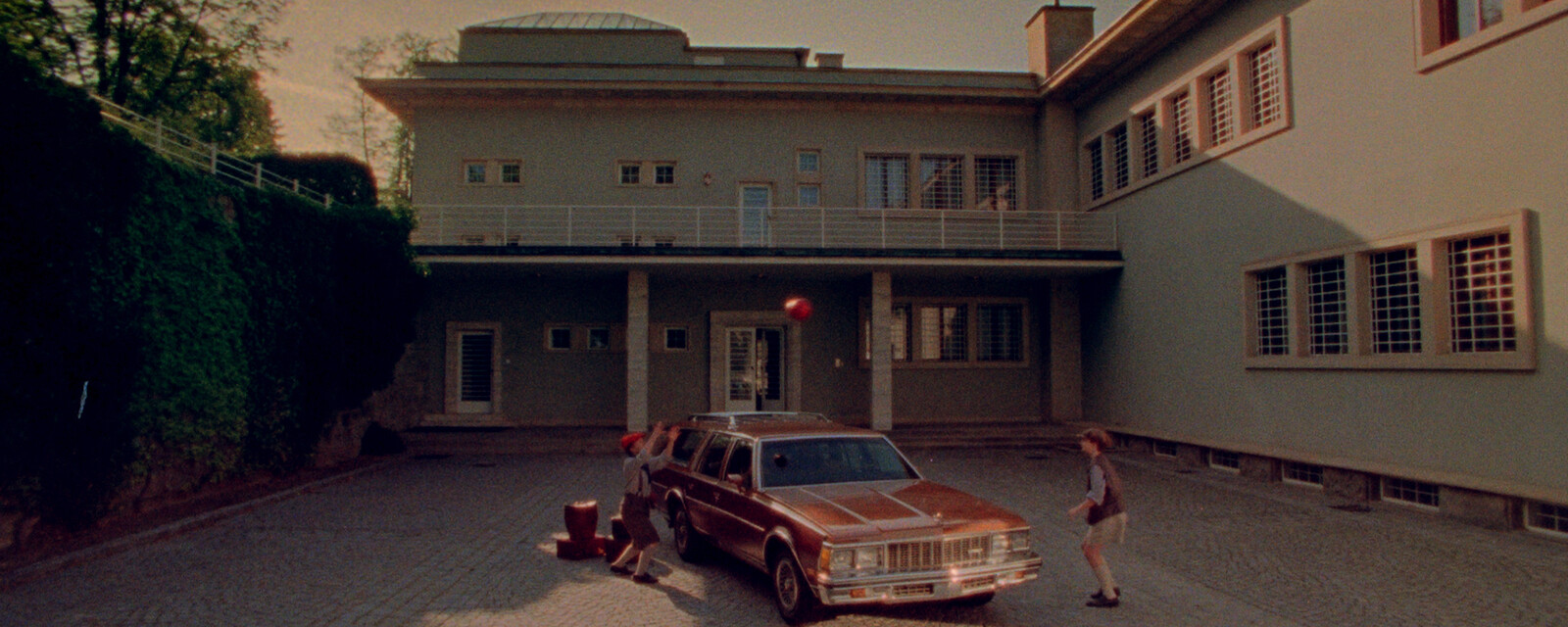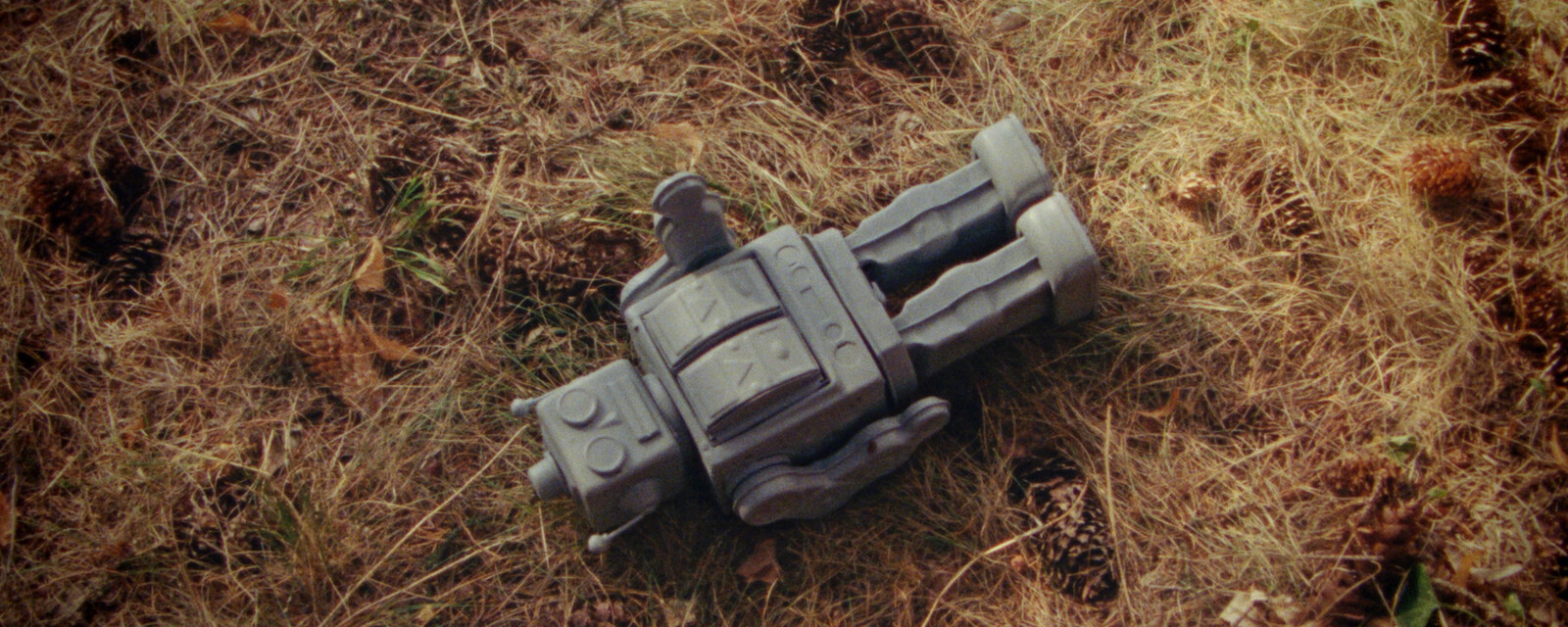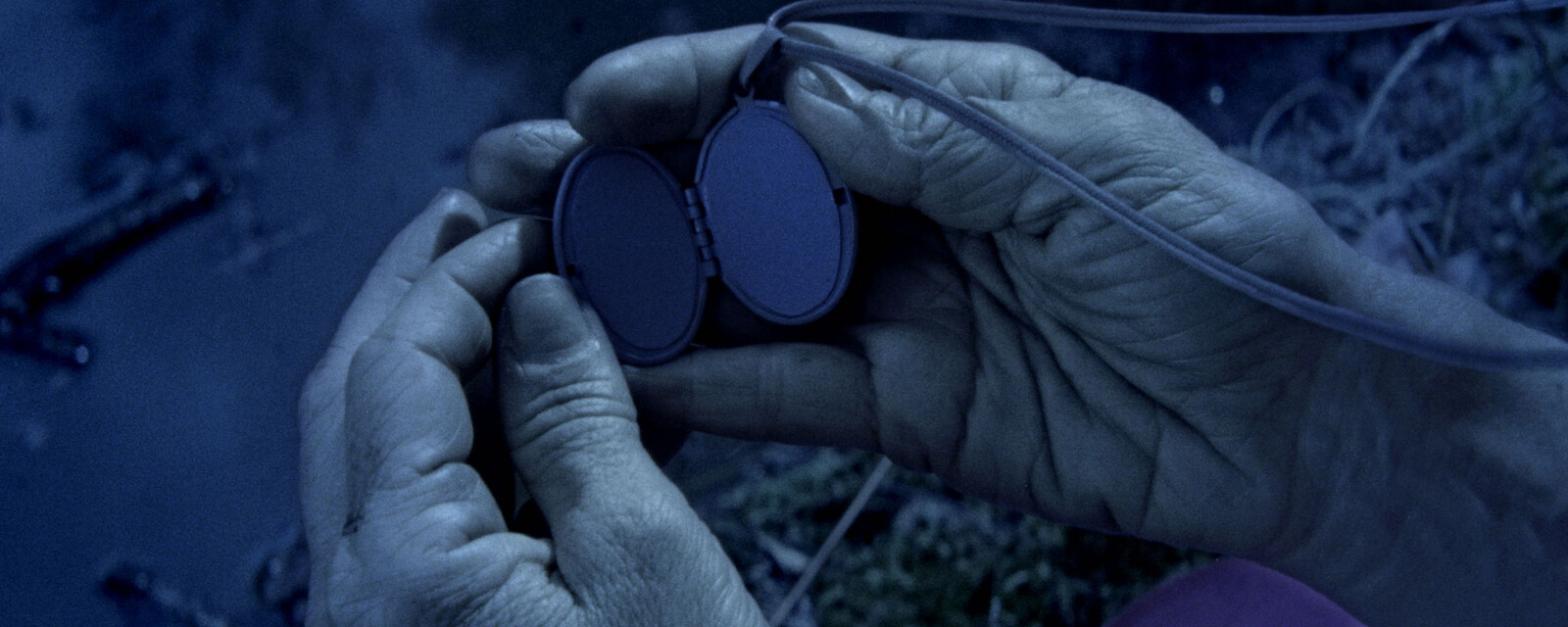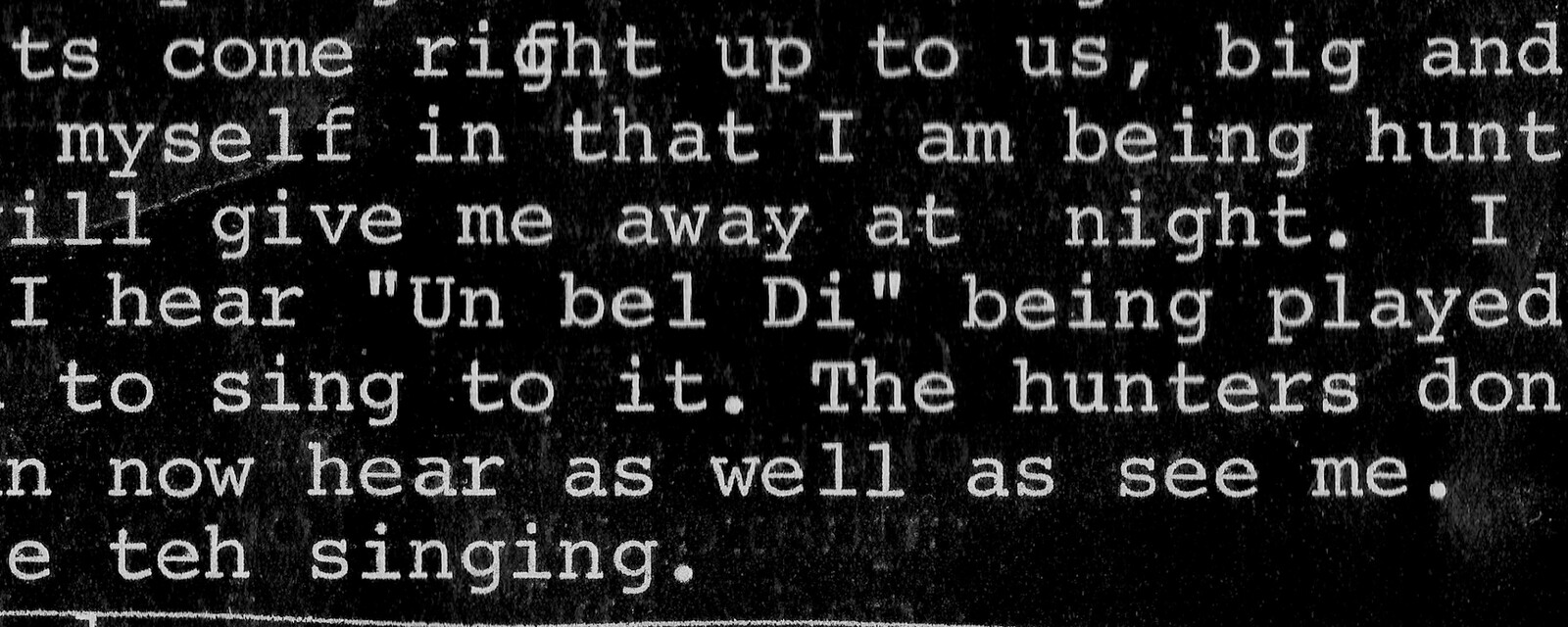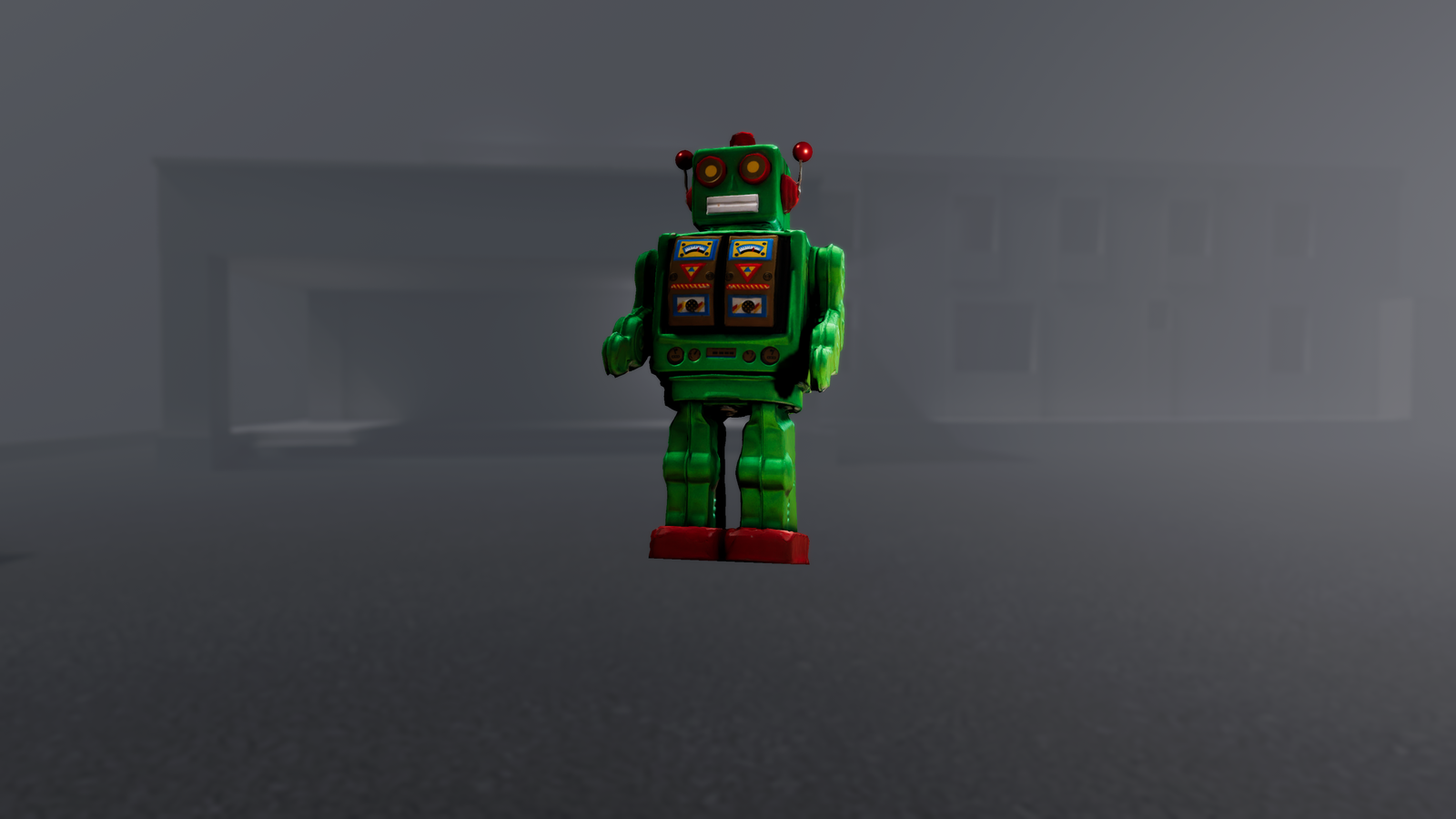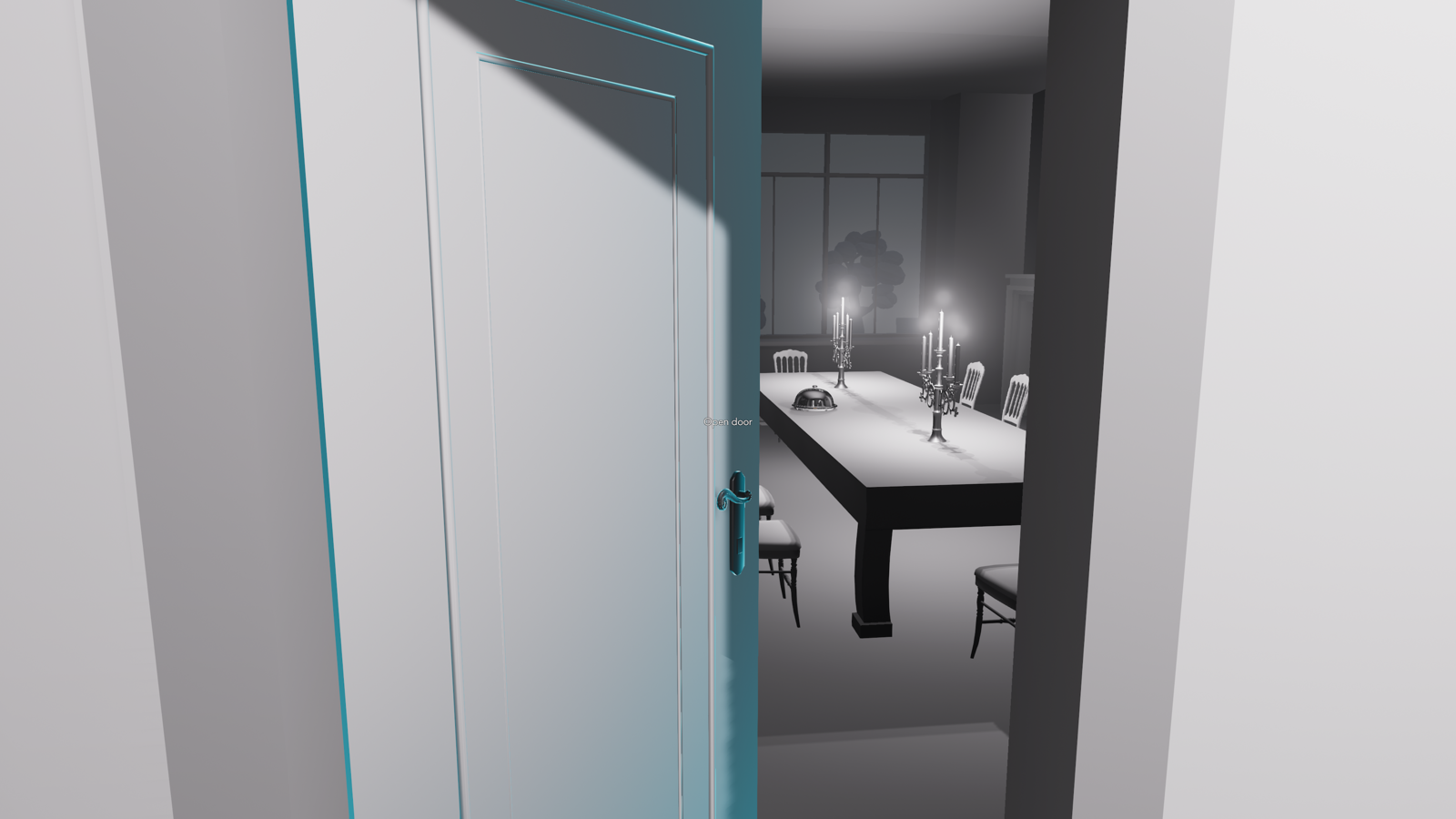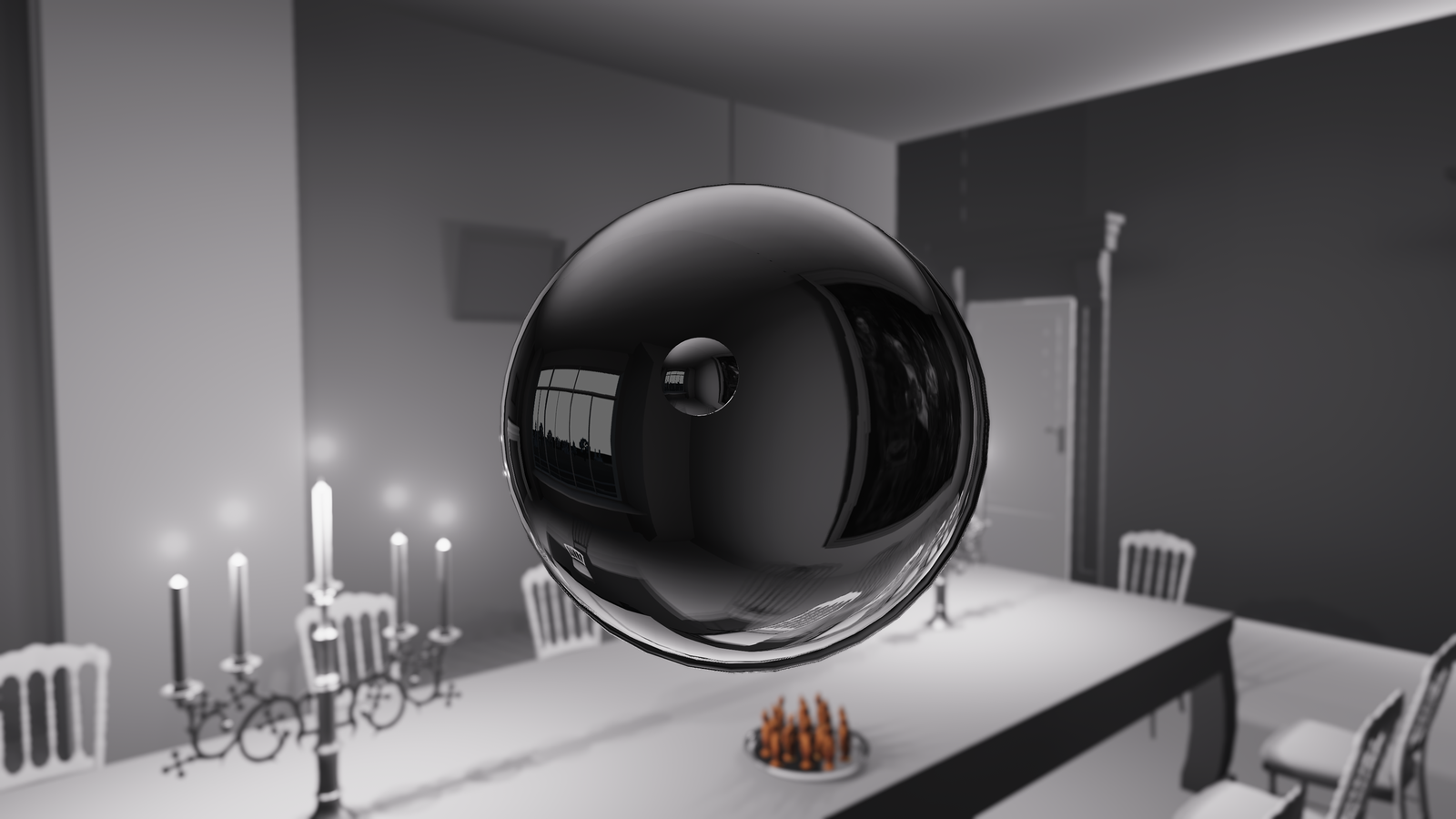We dream in the dark. Repressed memories, daily conflicts, ghosts, and other spirits surge while, unconscious, we sleep, eyes closed. Dreams haunt our waking lives too, though usually with faint traces. Most people remember little of their dreams, and share even less with others. Likewise, audiences have grown accustomed to watching the products of culture industries’ dream factories in closed-off places where little daylight shines: isolated screening rooms in cinemas, art galleries, and museums, in which chosen imagery and objects are foregrounded while much else gets elided.
In “Tonight the World,” Daria Martin teases out fragmentary dreamwork with thoughtful and accomplished layering of history and impressions that both make possible and deny fuller interpretation. The exhibition’s darkened setting lends it the atmosphere of an interior dreamscape, while its overall ambit parallels the unconscious’s processing via dreams’ disjunctive, transformational, and ineffable logics. Martin’s exhibition elaborates conscious attempts by her grandmother, the artist Susi Stiassni, to capture in writing her own dreamwork’s traces. Stiassni kept a dream diary that accumulated over decades to 20,000 typewritten pages, from which Martin has culled five episodes exploring her anxiety about intruders.
The central, large-scale projection of a short live-action film from which the exhibition takes its title (all works 2019) is augmented by smaller wall-mounted elements consisting of numerous typed sheets of paper, a handful of paintings, a small family photo, and a toy robot—one of the film’s talismanic props. The film’s five scenes assert their own surrealist narratives: a disoriented series of high-stakes, hide-and-seek encounters. Martin makes good use of celluloid’s luminosity. She veers between idiosyncratic choices for representing the action she stages, such as briefly holding a character out of focus or abstracting through extreme close-ups, and more conventional camerawork and montage, as in the film’s many reaction shots, jump cuts, and its expressionist score (composed by harpist Zeena Parkins). The casting of actors whose ages and genders are at odds with the characters they play further teases out the nonlinear manifestations of both films and dreams.
Pages from Stiassni’s dream diary are displayed behind an artfully built façade modeled on the Villa Stiassni, her childhood home in Brno, in what is now the Czech Republic, which the family fled when faced with the Nazi invasion of 1938 and which Martin used as the set for her film. Viewing the pages’ brightly lit setting from the dimness of the exhibition’s larger room is akin to peering into a funhouse or a backdrop side-room in a Dr. Seuss illustration—a sort of caricature of a museum or archive display. Though the scores of typed transcripts are tantalizingly visible as objects through openings in the faux-wall, viewers are denied access to this sealed-off room, which renders the texts illegible. Visitors to “Tonight the World” are intruders, then, in this examination of the private chambers of another’s mind.
In an anteroom to the main installation, point-of-view scenes in another, more schematic rendering of Villa Stiassni appear in Refuge, a 14-minute “playthrough” of a computer-generated video game Martin made in consultation with current inhabitants of Brno, which has recently established itself as a center for late-modern media technology for storytelling and entertainment. Viewers are made witness to someone else’s engagement with the virtual version of the villa, through whose stripped-down rooms and grounds a player glides in search of cartoony talismans (the toy robot, a plastic soldier, an owl figurine), which point to Stiassni’s dreamed revisits to her lost childhood home.
However much viewers track these recreated scenes with their anachronistic overlays of memory and fantasy drawn from the elusive images of somebody else’s inner psychic life, it remains uncertain what it means to see one person’s rendering of another’s dreams. As in any representation, we are left wondering how partial or speculative are those truths we glimpse. While explicitly pursuing traces of “deposited representations”—a psychoanalytical term pointing to intergenerational transfers of images and affects—the exhibition also implicitly positions the museum itself as staging ground for voyeurism, along with hinting at what curatorial selection leaves out of history.
Ultimately, Martin’s work evokes the repressions and transgressions of grappling with one’s own and others’ psychic truths in demonstrably partial fashion. At the back of the larger gallery space, on the far side of another wall built for both occlusion and display, are hung three numinous color field paintings (one with torn and collaged clips of newspaper stories) by Stiassni. The choice of how and where to display these signs of a previous generation’s creative production signal Martin’s tracking of a genealogy that led to her own artistic path. They also mark what is left out, unseen, because suppressed and kept hidden behind the scenes of cultural formation.
